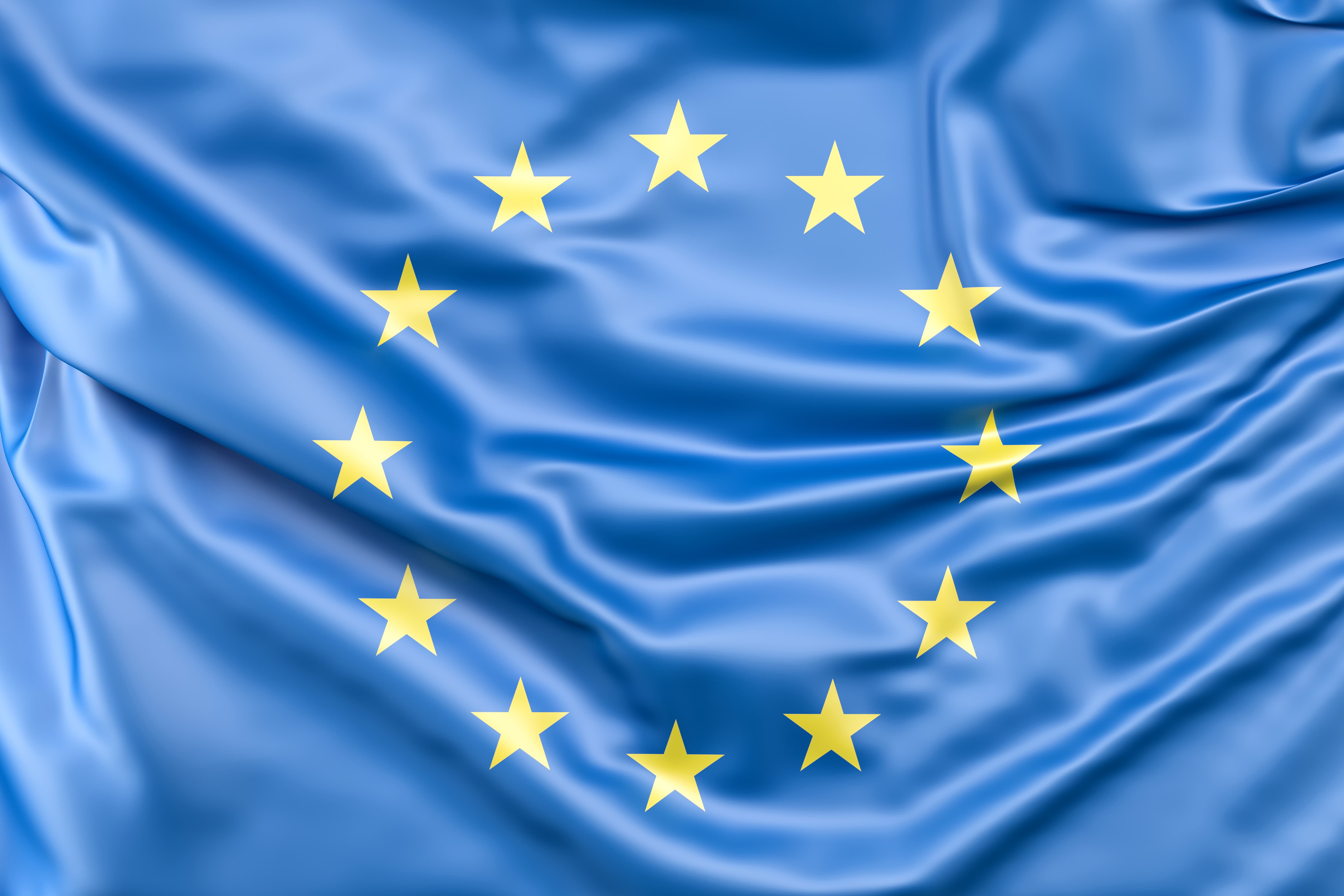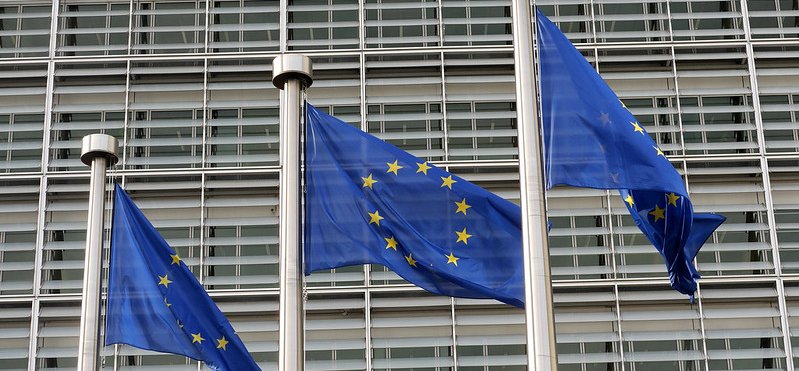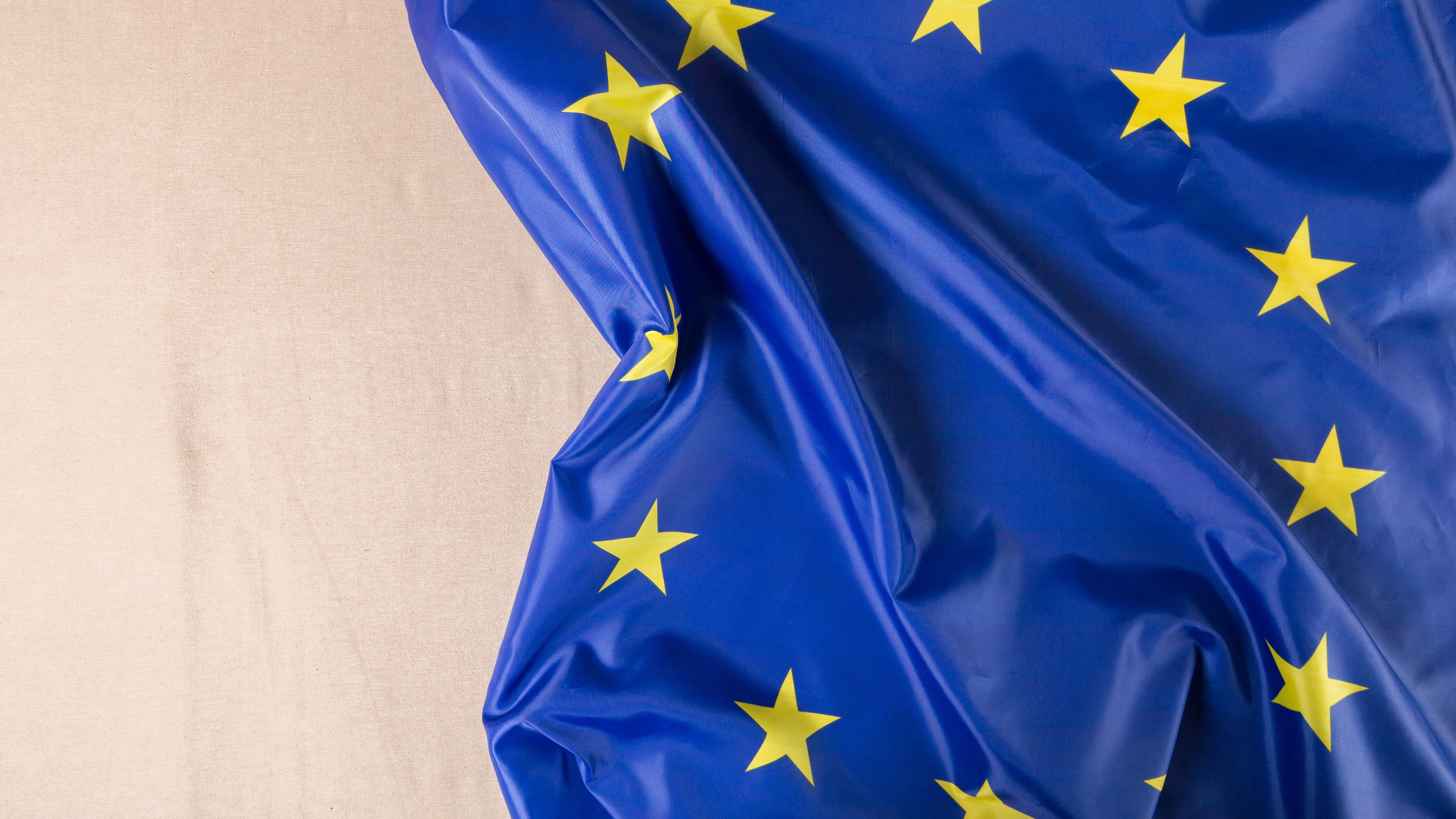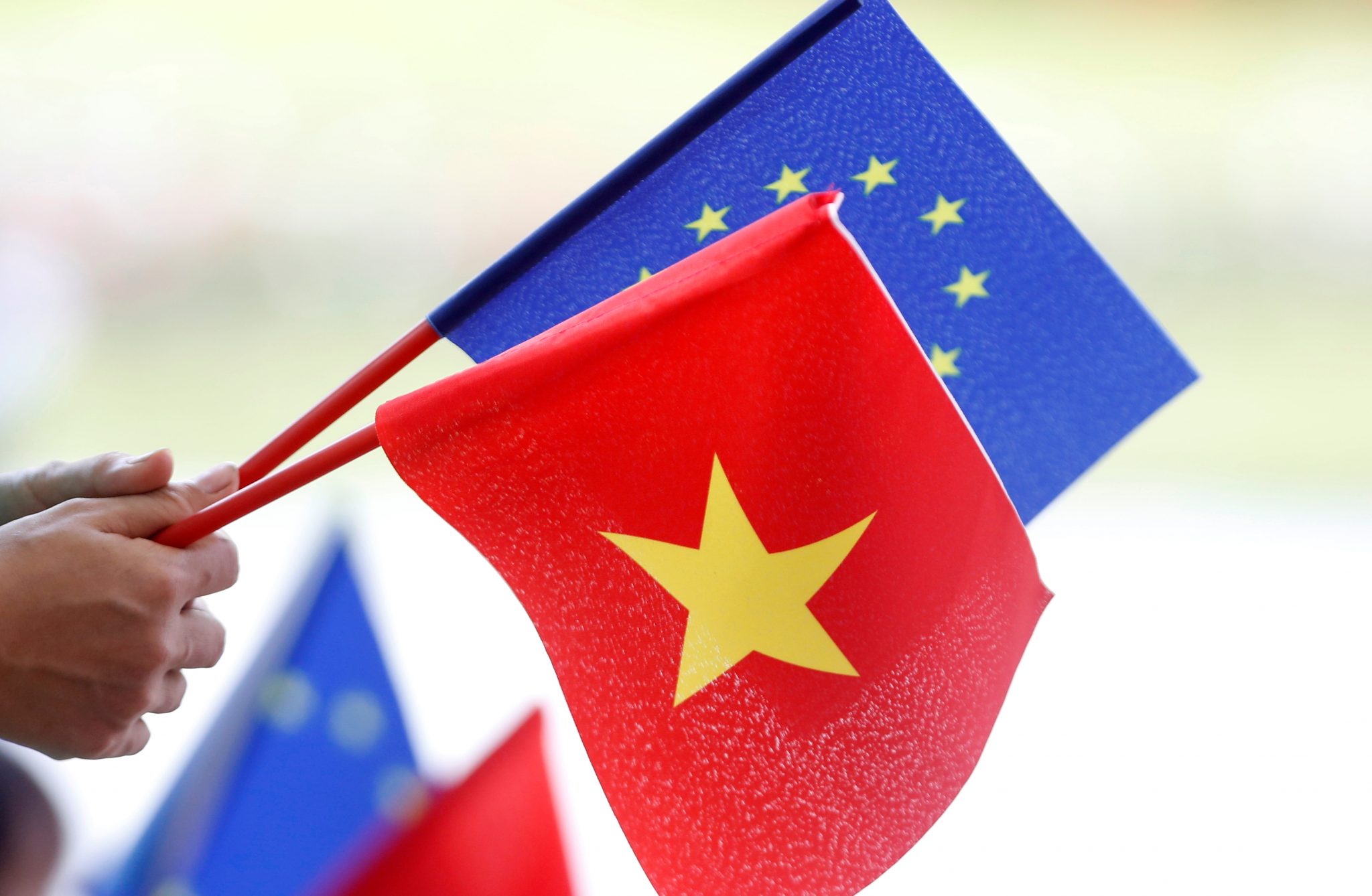European leaders remain divided over how to restrict children’s use of social media platforms. While most governments agree stronger protections are needed, there is no consensus on enforcement or age limits.
Twenty-five EU countries, joined by Norway and Iceland, recently signed a declaration supporting tougher child protection rules online. The plan calls for a digital age of majority, potentially restricting under-15s or under-16s from joining social platforms.
France and Denmark back full bans for children below 15, while others, prefer verified parental consent. Some nations argue parents should retain primary responsibility, with the state setting only basic safeguards.
Brussels faces pressure to propose EU-wide legislation, but several capitals insist decisions should stay national. Estonia and Belgium declined to sign the declaration, warning that new bans risk overreach and calling instead for digital education.
Would you like to learn more about AI, tech and digital diplomacy? If so, ask our Diplo chatbot!









